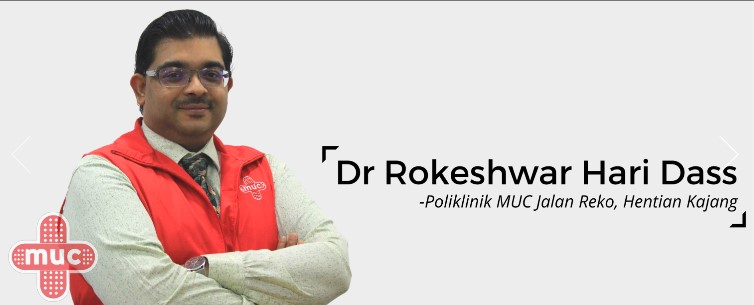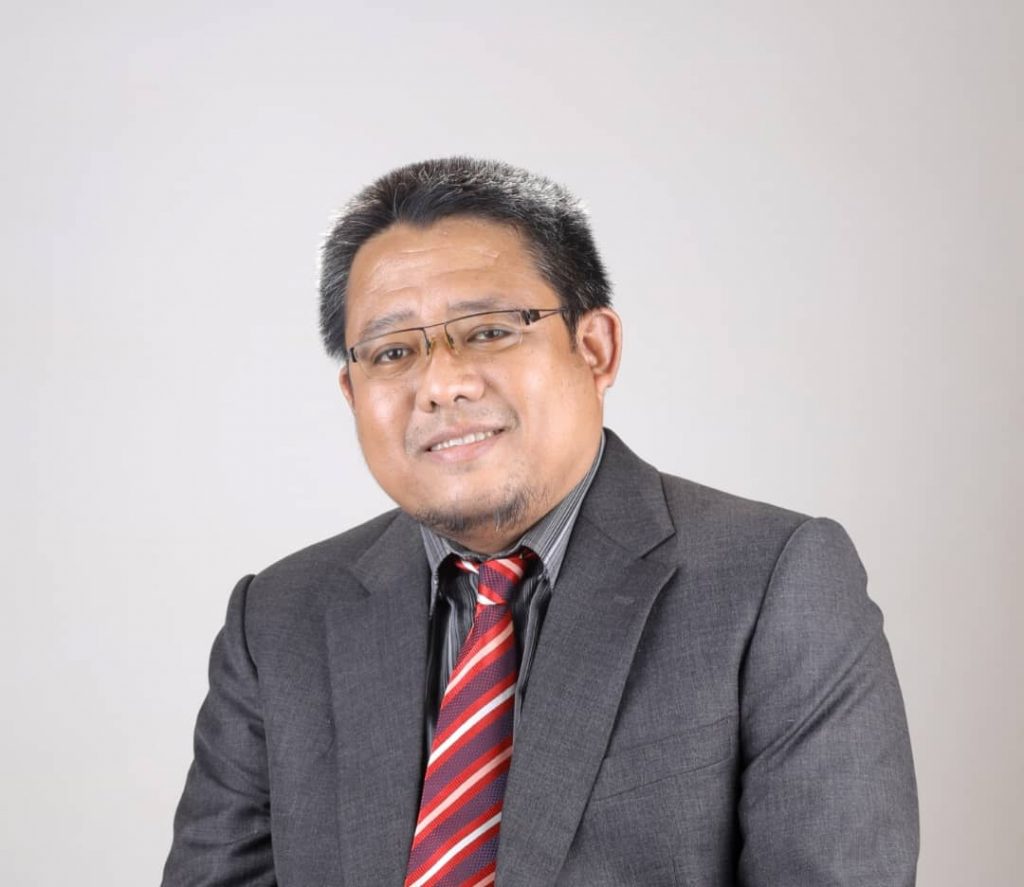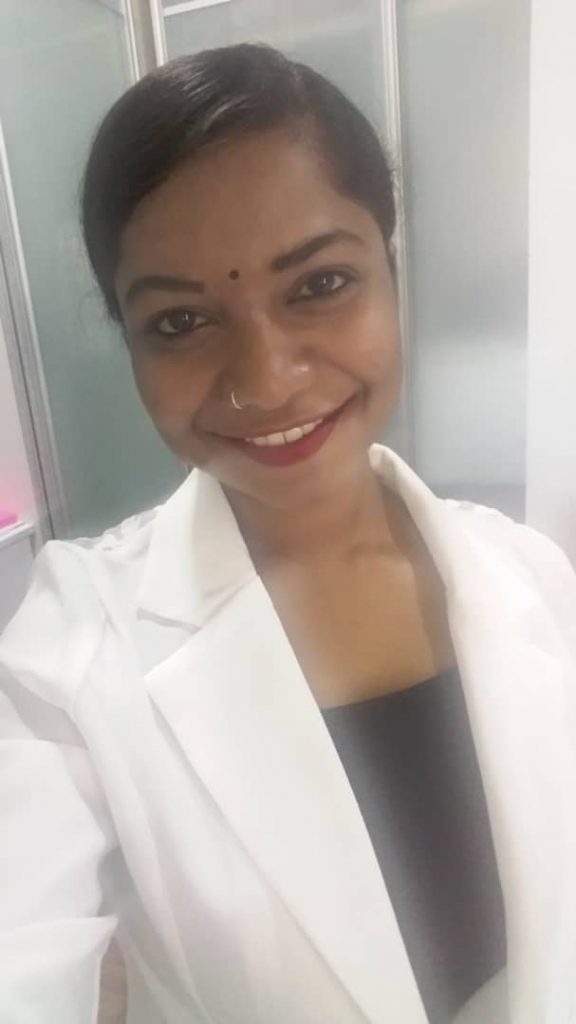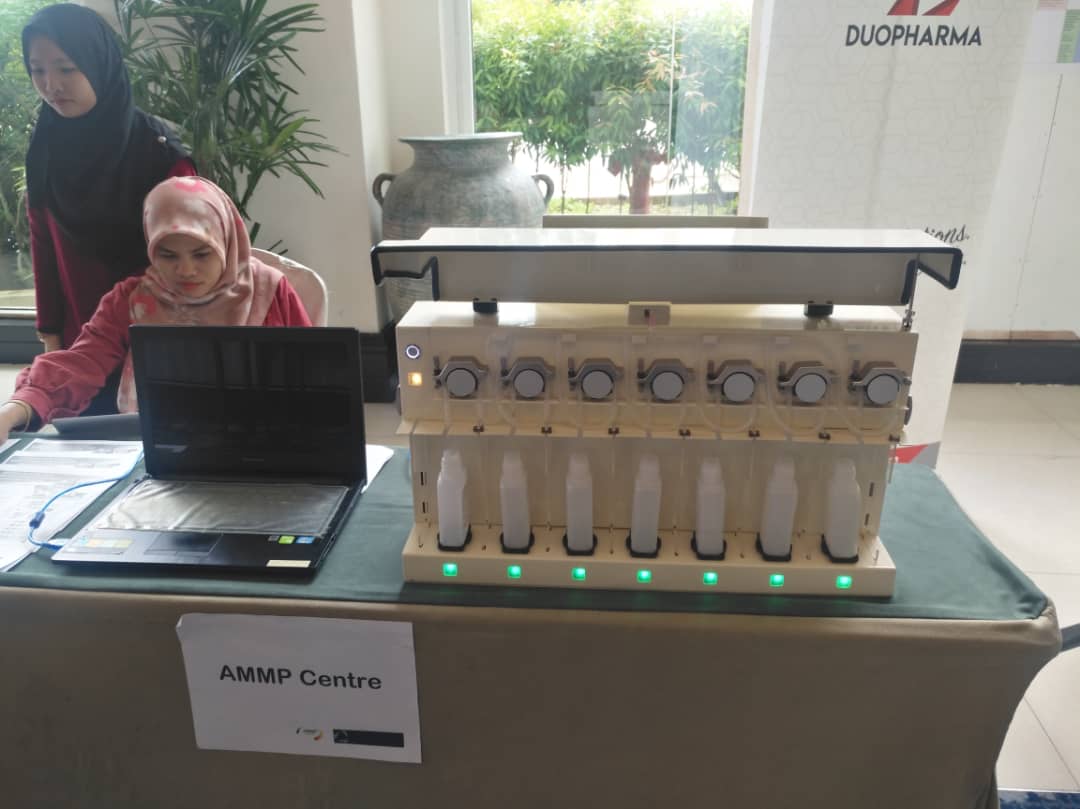KUALA LUMPUR, Sept 21 — Addiction experts have seen methadone patients increasingly skipping treatment due to the Covid-19 lockdown in Malaysia, estimating a 15 per cent rise in opioid abuse.
A 29-year-old methadone patient said because of previous experience of being caught by the police, the patient had some form of fear in facing police roadblocks while going to their clinic during the Movement Control Order (MCO).
“The police never really asked me for more details about my methadone, but I could see their face changing. I was afraid of their impression,” the patient told CodeBlue on condition of anonymity.
The patient also underwent stress because of overthinking, in addition to family problems that became worse during the peak of the Covid-19 pandemic.
“Sometimes I have money problems, but I ask help from my employer,” the patient said, pointing out that each visit to their private methadone clinic costs RM14 per day, which in total is almost RM100 per week.
The patient also said that going to a private clinic was much more preferable than government clinics that have longer queues and a system of grouping methadone patients together. Hence, non-methadone patients will know the purpose of methadone patients’ visits.
“I’m an introvert, I am more comfortable with a private clinic and with my doctor,” the patient said.
CodeBlue also reached out to a family member of a 60-year-old methadone patient who said that whenever there’s a roadblock during the MCO, the patient used to be shaking in the car, in fear of the police.
“I had to bring a blanket for him to cover his face, because he was so afraid, like phobia,” the family member of the anonymous methadone patient said.
“He has said he didn’t want to go to the clinic because he was scared of the police, but we will still force him.”
Family member of a 60-year-old methadone patient
According to the family member, the methadone patient also lost his job as a security guard during the MCO, and it led to him feeling down and stressed because he lost his income that is usually used to purchase the methadone.
“Once because of the stress, maybe because he did not have enough money, he refused to go to the clinic. Until we convinced him and told him that we will help, only then he agreed, “ she said.

According to Dr Rokeshwar Hari Dass, who is the regional medical director of MUC clinic — a private chain of clinics that provides methadone services with over 800 patients a month — methadone patients did not visit clinics frequently during the peak of the Covid-19 pandemic, as they were afraid of uniformed personnel at roadblocks. Police checkpoints were set up nationwide during the strict seven-week phase of the MCO from March to May.
“Methadone users were worried that they would be caught by officers patrolling the streets. They will think twice to come out from their houses to get the treatment,” Dr Rokeshwar said.
Besides that, Dr Rokeshwar said that many methadone patients lost their jobs during the pandemic, which led to depression, while some could not participate in their usual mind-diverting activities that were kept on hold during the MCO.
The regional medical director of MUC clinics also said that unemployment causes one to feel unwanted, having low-self esteem leading to depression.
“So, previous patients who avoided drugs resorted back to drugs to keep them calm,” Dr Rokeshwar told CodeBlue. “This will be a vicious cycle, killing their confidence further and [they] might end up with drugs again.”
On the other hand, due to extra time on their hands, there was an increase in new drug users.
“Approximately, we have around 15 per cent increase in this period. It is significant, as previously, it didn’t climb this much.”
Dr Rokeshwar also told CodeBlue that as the supply of illegal narcotics had run low during the lockdown, many patients were then introduced by drug pushers to use poly drugs (multiple different drugs like cannabis, opioids, amphetamine, and methamphetamine) to give them a similar “high” that a previous single drug will induce.
“Introduction of multiple drugs will complicate the treatment regimen, as methadone is only used for opioid addiction. It doesn’t treat other addictions,” the trained medical practitioner stressed.
Natural opioids are heroin and morphine. Methadone is an opioid substitution therapy as part of the coutnry’s harm reduction programme that requires daily observed consumption.

Dr Rusdi Abd Rashid, an associate professor from the Department of Psychological Medicine, University Malaya, said many methadone patients suffered from withdrawal, especially during the initial phase of the MCO, as they defaulted on their follow-up treatment due to fear of being caught by the police.
“I saw drug users turn to alcohol abuse to minimise their withdrawal. Untreated comorbid depression usually ends up with stimulants use to self-medicate the depressive illness. Cases of alcohol abuse increased,” he told CodeBlue.
Stimulants are substances that speed or stimulate, and speeds up messaging to and from the brain, making the consumer feel more confident and alert. Examples of stimulants are caffeine, nicotine, amphetamines, cocaine, and ecstasy.
Depressants on the other hand, slow or depress the messages going to and from the brain. Examples include alcohol, opiates (heroin, morphine, codeine), cannabis, and benzodiazepines.
Automate Methadone Prescriptions
Dr Rusdi also pointed out that many government clinics were unable to cope with a large number of patients with limited staff, especially pharmacists, during the MCO.
He pointed out that even in University Malaya Medical Centre (UMMC), its maximum daily capacity is only 100 patients because the methadone dispensing is manually done by pharmacists thus, limiting the number of new patient intake.
The University Malaya associate professor urged the Ministry of Health (MOH) to have an automated methadone machine with a central database system so that more patients can access treatment.
“It prevents human error like dosing errors, methadone given to subjects and correct dosing, (creates) an alert on missed dosing that requires adjustment, fast retrieval of clinical data and filling,” Dr Rusdi said.
According to the associate professor, the central database system will also ensure that a methadone prescription is only given once, preventing doctor shopping, thus reducing the risk of overdose.
Dr Rusdi also said that because of the pandemic and to minimise contact, some methadone patients were allowed take away dosings, maximum one week’s worth. He said previously, MOH only allowed a maximum of six days’ supply to be taken home, but most of the time, two to three days’ worth only.
“This is good for them. However, there’s a risk of diversion of methadone, especially selling of methadone to street drug users who are not in the methadone programme,” Dr Rusdi said.
The associate professor also said that UMMC previously allowed patients to take home doses according to how much they pay, sometimes monthly doses. However, the public university hospital is now forced to follow MOH rules and standard operating procedures on free methadone provided by MOH clinics.
“UMMC practiced low regulations previously because our patients pay for their treatment. So, the risk of diversion of methadone is low.”
The price of methadone in UMMC is RM35 for a 300mg dose. If the patients are on daily 80mg doses, it can last them for at least four days.
Loosen Methadone Programme Regulations

Dr Anne Yee, who is a psychiatrist and addiction medicine specialist in University Malaya, suggested that MOH reduce regulations with regards to the methadone programme, especially for those who have been on the programme for years, to ensure better retention during the pandemic.
She said that with the stringent regulation that requires multiple clinic visits, many of the methadone patients are unable to get decent jobs as there is still a strong stigma against them.
“Who would want to employ someone that has to go to the methadone clinic every three days, and take time off?” the associate professor at University Malaya said, while pointing out that many patients had dropped out from the programme due to the highly regulated policy.
The addiction medicine specialist also said that in UMMC, methadone patients are mixed with the general patients, unlike MOH clinics where methadone patients are clustered together.
“We purposely sort of mix them together. When they sit there, nobody knows they are actually coming for what treatment,” Dr Yee told CodeBlue.
She said that since MOH clinics have a specific methadone clinic, people who see the patients walking in they will automatically know that these are drug users.
“All drug users are extremely sensitive people as they have gone through so much in their life, stigmatised and marginalised in so many ways,” Dr Yee also said, while pointing out that even non-verbal actions may affect their emotions.
Go Virtual

Clinical psychologist and addiction therapist Raagidhasaakti Ravi told CodeBlue that in order for the country to progress further with the methadone programme, MOH should allow community pharmacies to dispense methadone, especially during an outbreak like Covid-19.
The therapist also suggested that MOH allow clinicians to use virtual platforms to evaluate patients’ progress.
Besides allowing the patients to take additional doses home, she also suggested for government clinics to deliver methadone doses to those who are unable to go to the clinic.
Raagidhasaakti said because of strict rules requiring patients to show up at the clinic for methadone doses, clinics may see a large number of patients in a day, which is a scenario that could foster the spread of coronavirus.
“Individuals will continue to come and get their medication even though they have symptoms of Covid-19, possibly exposing other patients passing through the programme and the medical staff caring for them to the virus.”








